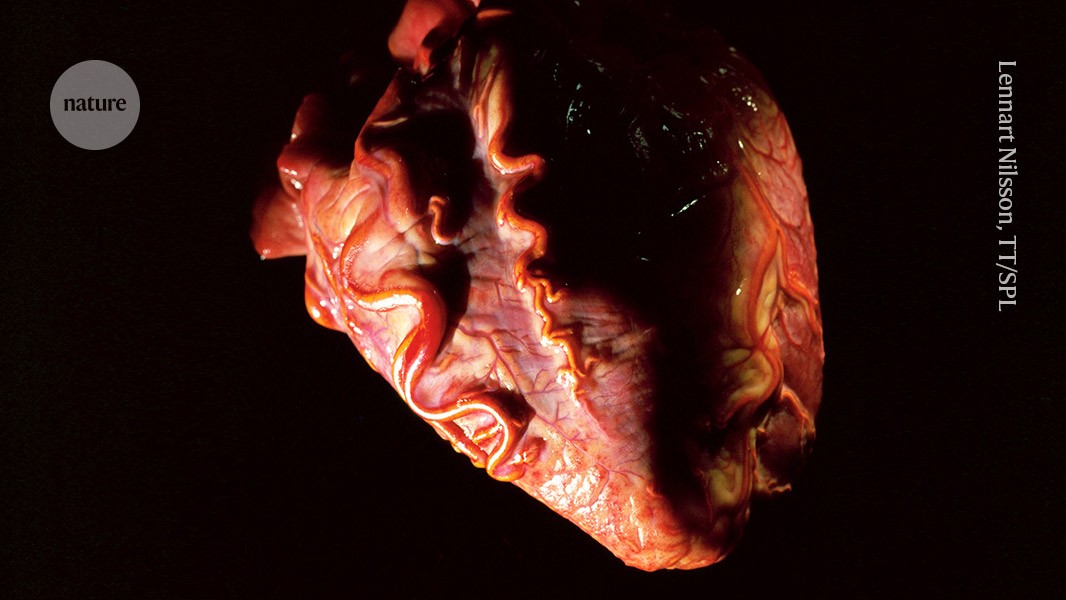
"Surgeons have developed two low-cost techniques to revive the hearts of people who wish to donate their organs after they die. These methods have only been tested on a small number of people, but they avoid ethical issues sometimes associated with current transplantation techniques."
"With one technique, surgeons received permission to remove the heart of a child who had been declared dead, restart it, and transplant it into another child. This could increase the number of hearts available for organ donation, particularly for children."
"Roughly 500 children per year in the United States get a new heart, but many will die while waiting for one. Surgeons say these two techniques represent important new advances in procuring hearts from some donors."
"In the second technique, researchers were able to freeze-preserve adult hearts inside the bodies of their donors, then transplant them successfully, potentially expanding the applicable donor pool for pediatric transplantation."
Surgeons have developed two innovative techniques to revive hearts from deceased donors, which could significantly enhance organ donation rates. The first method involves restarting a child's heart for transplantation, which could help more children in need, as many die awaiting hearts. The second technique permits the freeze-preservation of adult hearts in donors for successful transplantation. These advancements present solutions to ethical challenges linked with current organ procurement methods and aim to improve the availability of donor hearts, particularly for pediatric patients, amidst the current insufficiency.
#organ-donation #transplantation-techniques #pediatric-surgery #cardiac-surgery #ethical-medical-practices
Read at Nature
Unable to calculate read time
Collection
[
|
...
]